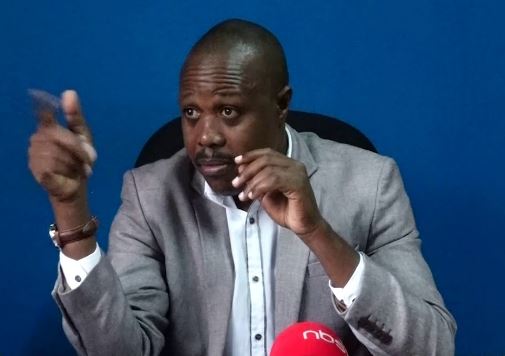
KAMPALA – Dr. Patrick Wakida, the Executive Director of Research World International, said by tabling the reforms, the ruling government has created room for suspicion ahead of 2012 elections, which may be a recipe for electoral violence.
“NRM has allowed itself to be shrouded in suspicion. This right here is why people don’t believe in anything they do,” said Dr Wakida.
Among the proposed electoral reforms by government are that cameras and phones won’t be allowed within the voting area, results will be announced to only 5 People, EC to gazette restricted voting areas and political Parties shall not have links with any pressure groups. The government reforms also indicate that Independent Presidential Candidates shall not form any alliances with a Registered Political Party.
But Dr Wakida said that the electoral reforms fall short of creating a level playing field ahead of elections.
“The other fundamentally wrong thing is that there was less thinning regarding the formation of these reforms. All these groups that you see forming want to solve the issue of transition. Everyone must do whatever possible to make sure we have a levelled playing ground. Once people don’t trust the electoral process, we shall go back to the period before 1986,” he added.
Dr Wakida’s remarks come a day after the National NGO Forum described as misguided the electoral reforms tabled by government and urged the State to follow the recommendations of the Supreme Court and table new ones. Mr Richard Ssewakiryanga, the Executive Director NGO Forum, said the proposals will lead to anarchy since they target-independent candidates, pressure groups and voting by security forces but leave out the recommendations by the Supreme Court.
But Mr Mike Sebalu, a former member of the East African Legislative Assembly and NRM supporter, urged the opposition and the general public to allow room for discussion and consultations since the electoral Bills are still in Parliament.
“I think we need to appreciate the fact that these reforms and the draft bill have been presented before the Parliament. We have to focus our attention on how best it can be used to fill the gaps identified and how it can facilitate a credible electoral process to guarantee the legitimacy of the election process. What is necessary now is the engagement from both the public and the legislators,” he said.
“The delay in presenting them must have been occasioned by unseen factors or things beyond the government’s control. I want Ugandans to appreciate that this a draft bill. It’s a working document that gets informed through the process of engagement. People shouldn’t hold it in regard to a finished product. I expect the stakeholders to identify areas that need improvement, work on them and then pass it into law,” he added.
The duo was appearing on NBS TV morning show on Tuesday.






